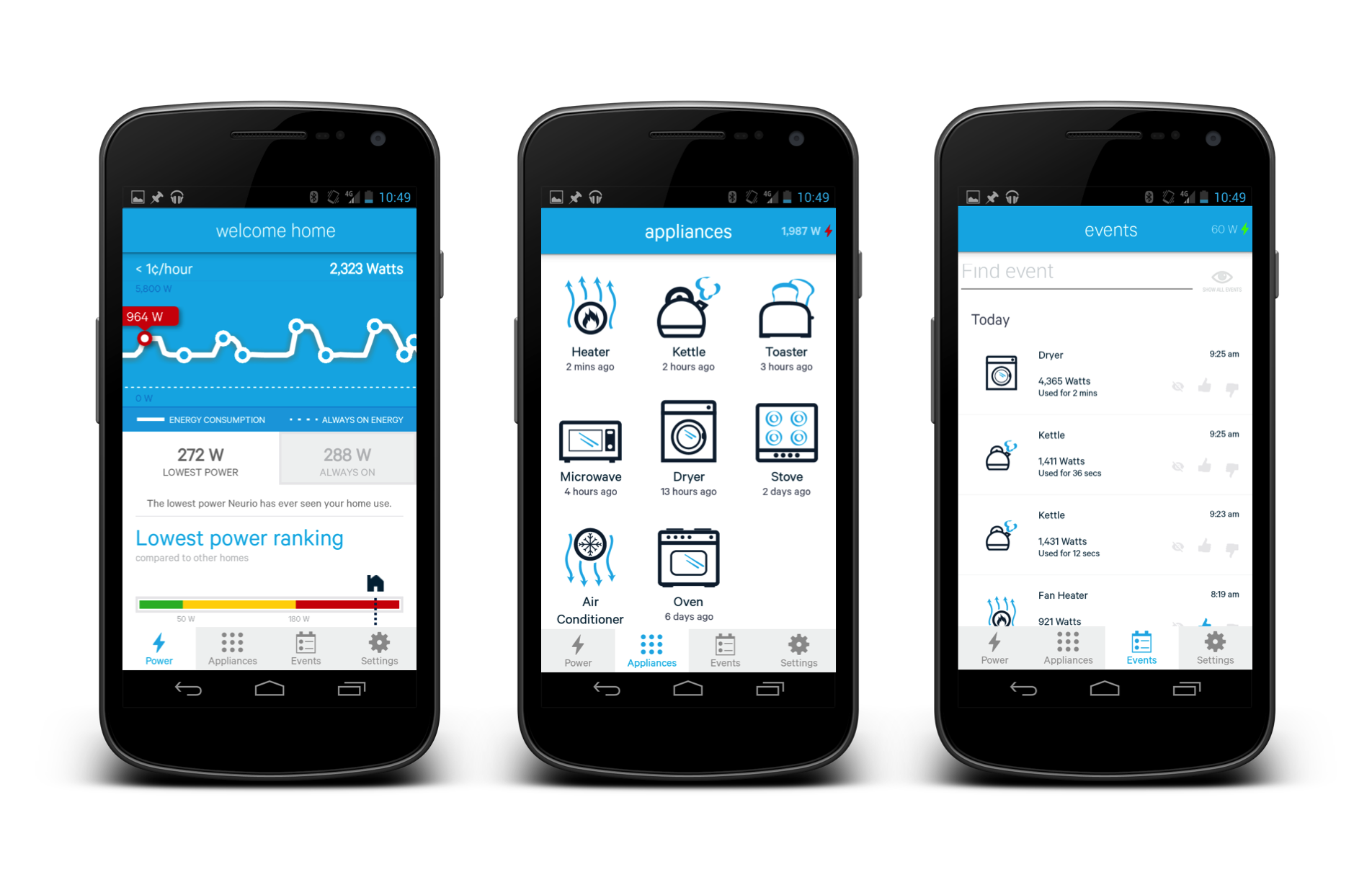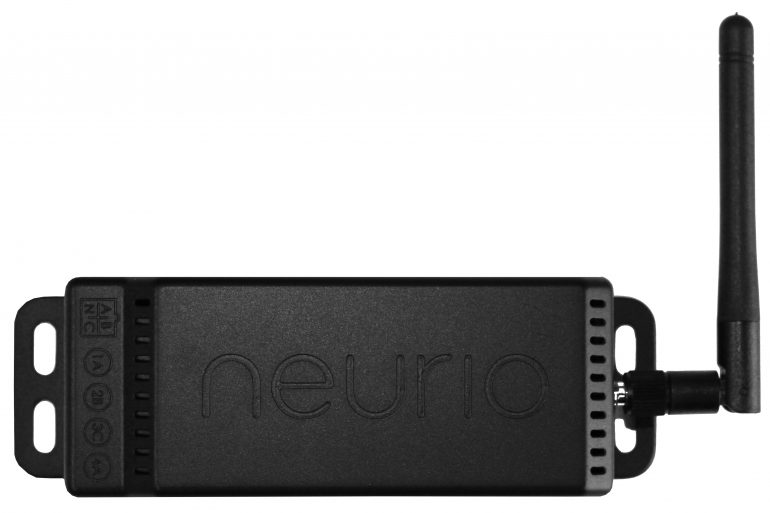When we profiled Vancouver-based Neurio’s Kickstarter campaign, which ended up raising over $250,000, exceeding its goal in just 9 days, we said that the smart home product could help “define the space of home intelligence.” That was a year and a half ago.
Last week, Neurio launched its smart home sensor, designed to monitor the energy habits and operation of a household, for $249. The timeline underscores the additional hurdles hardware startups face compared to their software counterparts.
BetaKit sat down with Ali Kashani, co-founder and CTO of Neurio, to speak about the lessons learned leading up to launch.
How do you expect to differentiate in a super competitive space when it seems like there can be only one winner?
Neurio is the only smart home product that brings all the existing appliances online, and do that with only a single affordable sensor. Replacing existing appliances, or retrofitting every single one, is rather expensive. And the experience isn’t that great either since there’ll be many products that don’t talk to each other, each with their own app. So most users end up connecting one or two things in their home only, which doesn’t get them a truly smart home experience. This is why the current smart home penetration has been limited to less than 1% of households in US and Canada.
“Creating a great experience is hard work.”
With Neurio, however, one sensor will smarten up the whole house and all existing appliances in it, out of the box! You’ll know if you left the oven on, or if the kids are back from school and are playing Xbox rather than doing their homework. All of that without needing to replace the oven or retrofitting any other appliance. We’re also introducing integrations with other smart products like Nest and SmartThings, where you can bring control into the mix or over time let Neurio act as the brain of the home and take over the menial task of controlling every single device manually. This level of intelligence is simply not possible to achieve with the current state of the smart home technology, since the visibility is only limited to a few devices in the home. Neurio’s ability to intelligently monitor the entire home at once is a rather unique capability.
Almost 1.5 years after campaign to ship, what challenges did you encounter getting to this point?
Creating a great experience is hard work. On one hand you have many excited supporters that want to see the results fast, and on the other hand you want to ensure it’s a quality experience. That was a challenge and we tried to keep a very open communication line with our backers every time. Overall, the backers have been incredibly supportive.
At any point have your supporters gotten testy, or concerned about your ability to deliver? Were you concerned at any point about delivering?
Just last month as we were about ship the units, we caught a last minute bug that delayed the shipment. We posted an update to our community, and to our surprise, there were dozens of positive messages coming our way!
Thankfully, we never had to worry about delivering Neurio. It was always a question of quality versus time. And we chose quality.

What did that teach you about running a crowdfunding campaign?
In terms of lessons learned from crowdfunding, I’d say our approach of keeping an open communication line was proven right. Soon after the campaign was funded, we committed to a bi-weekly update schedule, which is fairly aggressive for a small team. It’s important to treat backers as early supporters, not as just customers.
All in all, this has been an incredibly exciting year. We were a team of 8 people when we launched our Kickstarter campaign, and have now grown to 40 in just a few months! We just shipped 2,000 Neurio Sensors but it doesn’t end here. We are gearing up to hear our backer’s feedback and find ways to make Neurio better.
From the original product idea or concept that you pitched on Kickstarter, how much has the product changed?
Neurio certainly evolved since the day it was announced on Kickstarter. Just two weeks into the campaign, we decided to improve the hardware specs and announce certification in Europe thanks to the demand. The backer community also taught us about different ways to use Neurio that we hadn’t thought of.
What have you learned about dealing with customers outside North America?
Many of the lessons about customers outside North America or fulfilling orders are rather ongoing. Thanks to some experienced team members, we set up a good support system and committed to responding to every request within a day, which has been working out well so far.


